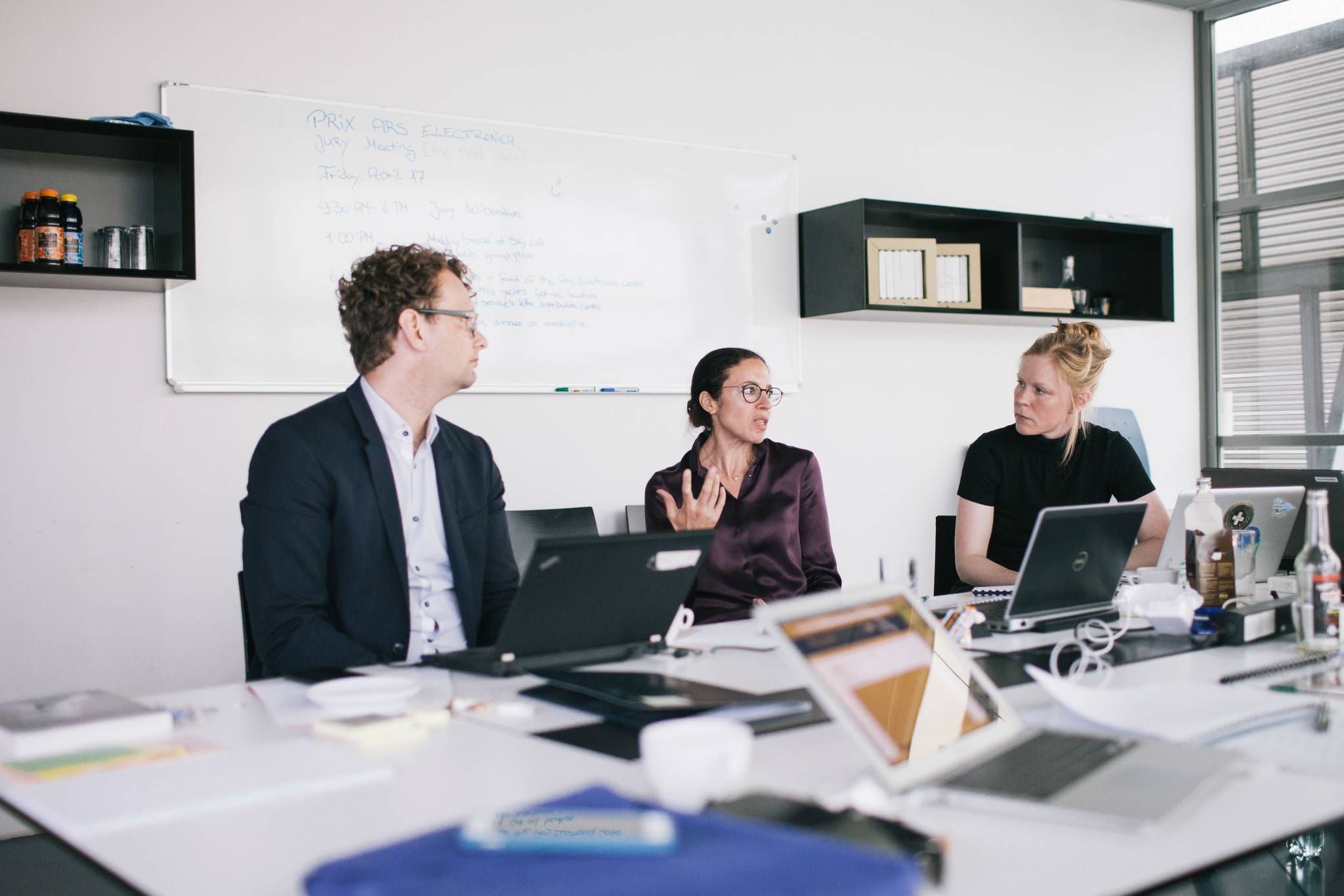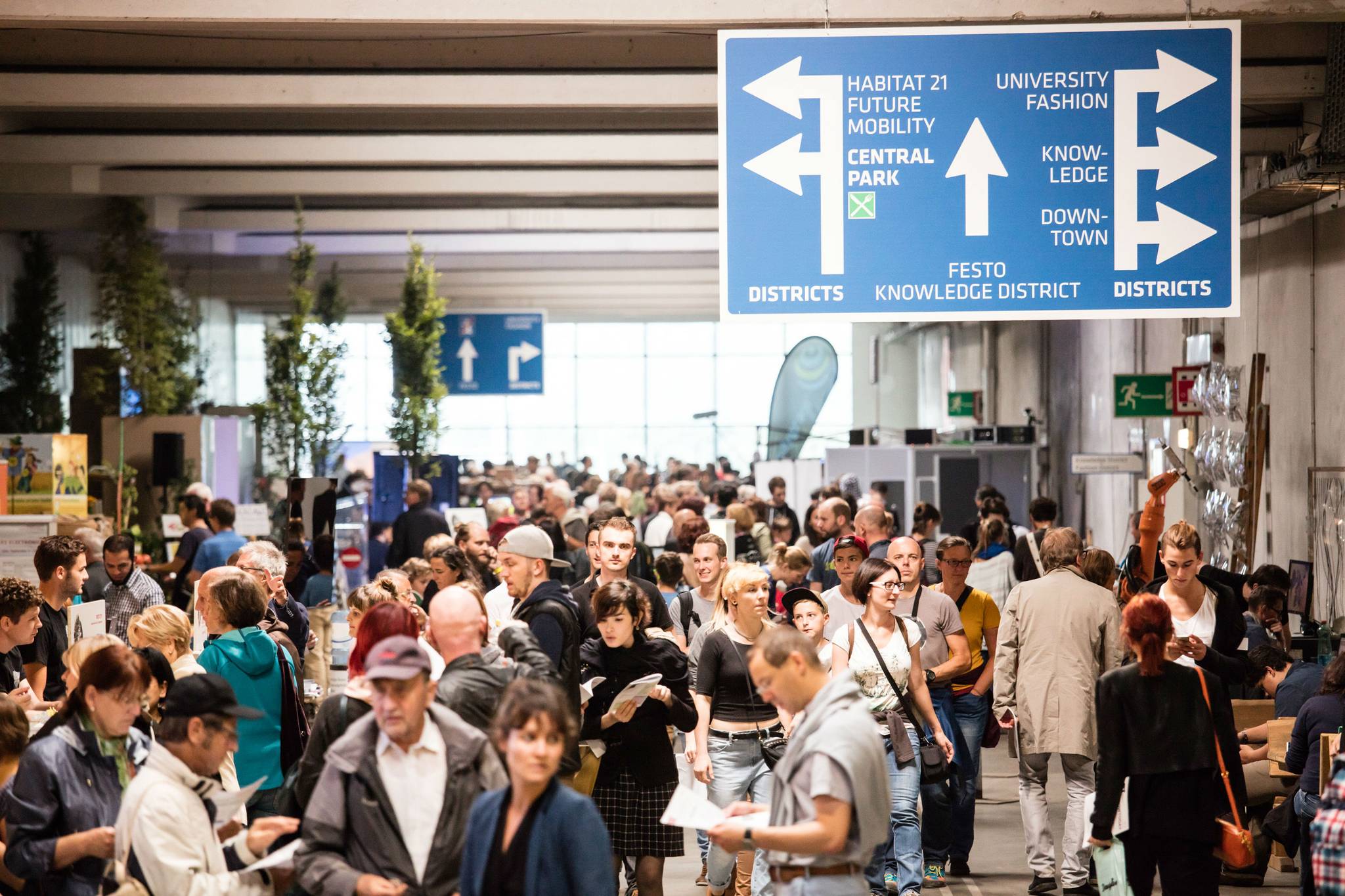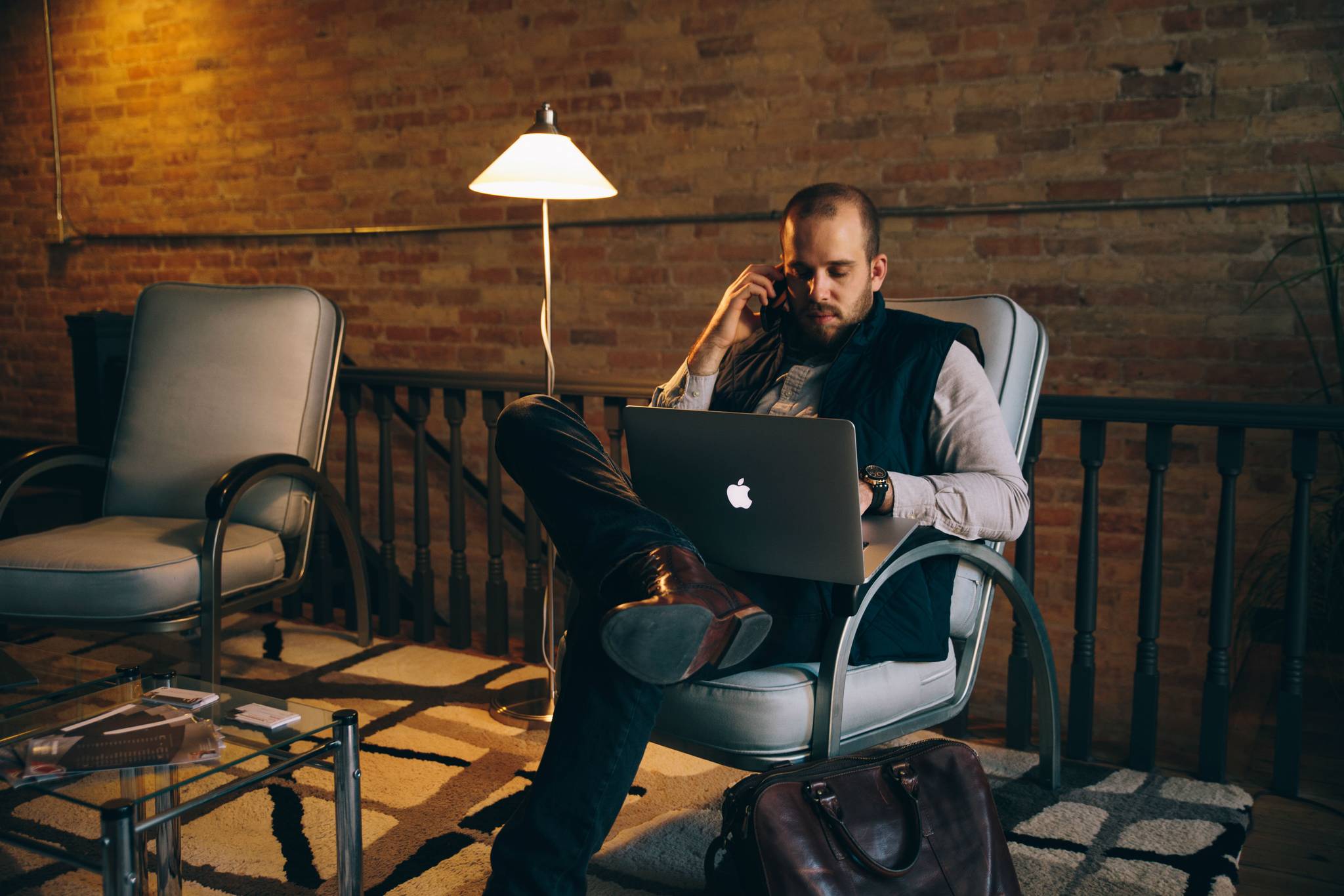
Last week, Canvas8 hosted the latest in an ongoing series of Breakfast Briefings that connect our members with thought leaders from across our network. We invited some of the best creative minds in London to discuss the complex world of the blockchain and why businesses should really take note – all before 10am. Technology guru and author of Disruptive Technologies: Understand, Evaluate, Respond Paul Armstrong led a discussion on the many unused opportunities of this technology and its potential for businesses to rebuild trust with consumers. We explore how bitcoin and blockchain technologies are changing the way businesses interact with customers.
At the talk, Armstrong discussed how new technologies like AI, blockchain and nanotechnology are disrupting their respective industries, before describing how true disruption is a combination of both speed and totality. After discussing how Netflix shook up the industry by monitoring areas of dissatisfaction and creating a new system from which to operate, Armstrong then went on to describe the ways in which blockchain technology could be used to transform businesses in industries where it’s notoriously difficult to build trust.
Originally used as the technology that supported the growth of bitcoin, blockchain has since allowed the financial services industry to tread new ground; 65% of banks are set to have blockchain projects by 2019, while an estimated 10% of GDP is set to be stored in blockchain tech by 2027. The adoption of the technology has been rapid, and as the underlying framework gains broader public awareness, businesses are questioning how they can incorporate it.
Among the many advantages of the distributed ledger system, one of the most transferable beyond finance is that it can be used to transparently track items along the supply chain. It has the ability to ensure the authenticity of luxury goods, track the origin of the milk you’re drinking, or fact check the news that’s published online. In order for people to welcome the tech with open arms, someone needs to make it accessible. “As soon as someone figures out how to make it safe, when there is a cartoon video and all that sort of stuff,” says Armstrong, “I think you will start to see some real traction.”
We’ll be publishing a full thought leader piece from Paul Armstrong in a couple of weeks, but if you can’t wait that long to be a link in the chain, you can check out our full report on whether blockchain is the future of business here.
Hannah Callaghan is an account executive at Canvas8, which specialises in behavioural insights and consumer research. When she’s not helping clients navigate the deepest layers of the Canvas8 Library, she’s probably binge-watching RuPaul’s Drag Race or befriending other people’s dogs.



